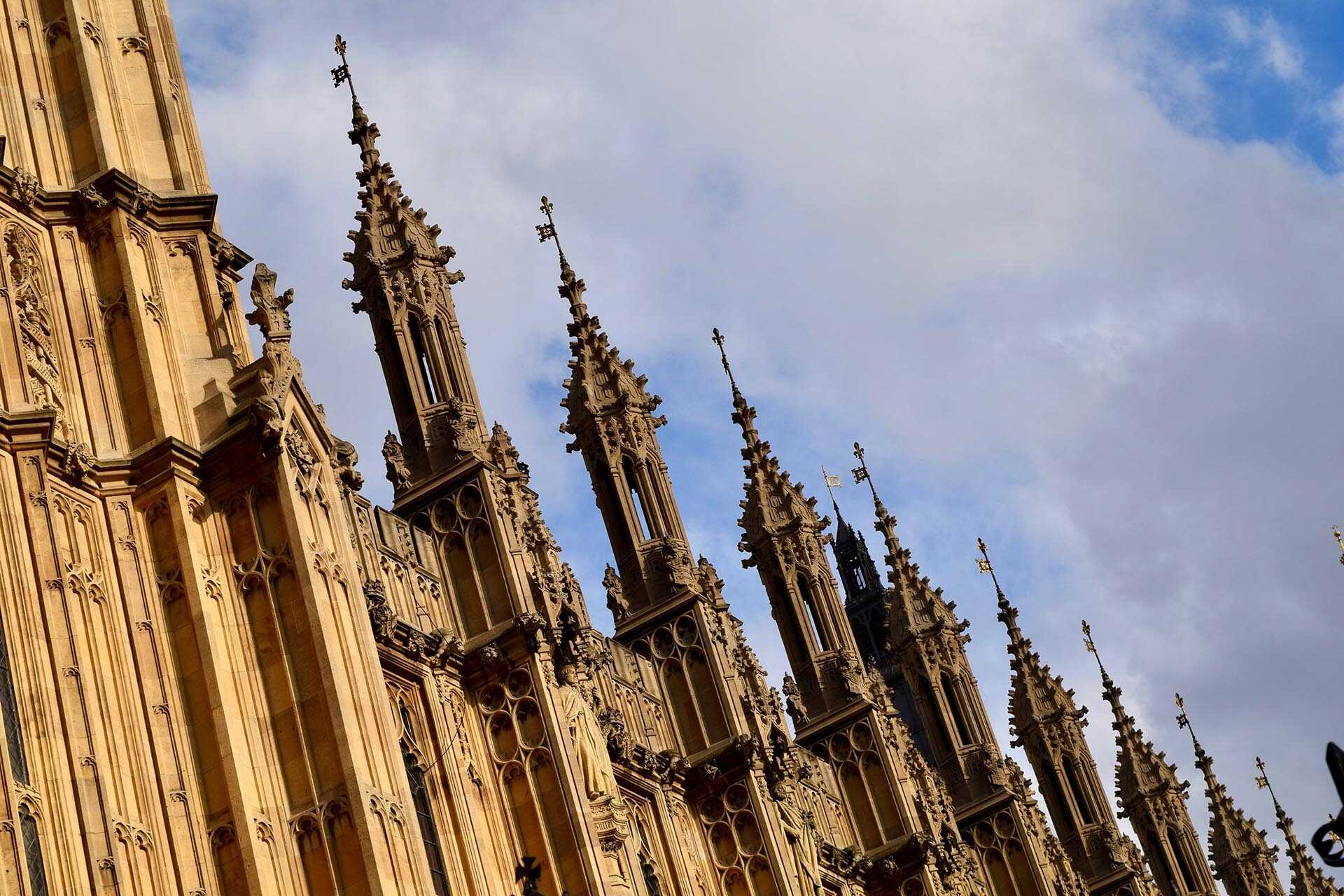Our research interests span a broad spectrum of the discipline, with particular strengths in the fields of conflict analysis and resolution, political theory and European politics. The strength of the School’s research culture is reflected in the numerous books and articles published and in the existence of three University-recognised research centres: the Conflict Analysis Research Centre (CARC), the Global Europe Centre (GEC). and the Centre for Critical Thought (CCT).
All members of staff can supervise theses leading to research degrees. We encourage potential research students to refer to our postgraduate research handbook (pdf) for detailed information.
In 2011, the University successfully applied for ESRC recognition as a provider of doctoral training in political science and international studies (and other areas of the social sciences) as part of a consortium. As a result, we are now part of the South East ESRC Doctoral Training Centre, making us one of the key training outlets in our subject in the UK.
Conflict Analysis Research Centre (CARC)
Kent has been at the forefront of conflict negotiation and resolution for almost 50 years. The Conflict Analysis Research Centre brings together academics working on different aspects of conflict and security as well as PhD and Master’s students studying International Conflict Analysis, International Law and International Relations. Current research includes an investigation into how migrant communities can support peacebuilding in their home society and how South Africa and the UK treat refugees and security. The Centre is also at the forefront of trying to resolve actual conflicts – for example, it played a role in the Moldova-Transnistria peace process and has supported reconciliation efforts in Africa.
Global Europe Centre (GEC)
The Global Europe Centre is a pioneering research-led learning centre focusing on the study of Europe and its relations with the outside world. The GEC’s research focus is on contemporary policy challenges to Europe and its nation states, the engagement with policy-makers and policy-shapers is at the core of its activities. The GEC mission is to promote excellence, through innovative research and knowledge exchange and to facilitate research-driven impact through its learning and teaching activities. The GEC’s activities include dissemination of policy-relevant research via publications, research-led knowledge transfer workshops, conferences and public lectures, and keynote addresses by leading public figures. The Centre has a strong commitment to the creation of the next generation of ideas innovators and policymakers and pursues these through its learning, teaching and knowledge exchange activities and via the Global Europe Student Forum. GEC is an interdisciplinary research centre aiming to develop synergies across Politics and International Relations, Economics, Law, Business, History, and European Languages and Culture.
Centre for Critical Thought (CCT)
The Centre for Critical Thought is an exciting multidisciplinary initiative across both the Social Sciences and Humanities Faculties, co-ordinated by staff in Politics and International Relations, Law and Italian Studies. It enables staff and students interested in cutting-edge critical thought to discuss their work together and to explore the insights of interdisciplinary collaboration. In addition, it serves as a forum for distinguished lectures, seminars and an annual workshop. The Annual Kent Lecture in Political and Social Thought is the headline lecture series and recent speakers have included Professor Bernard Stiegler, Professor Chantal Mouffe and Professor William Outhwaite. All students interested in contemporary critical thought are encouraged to become members while at Kent.

